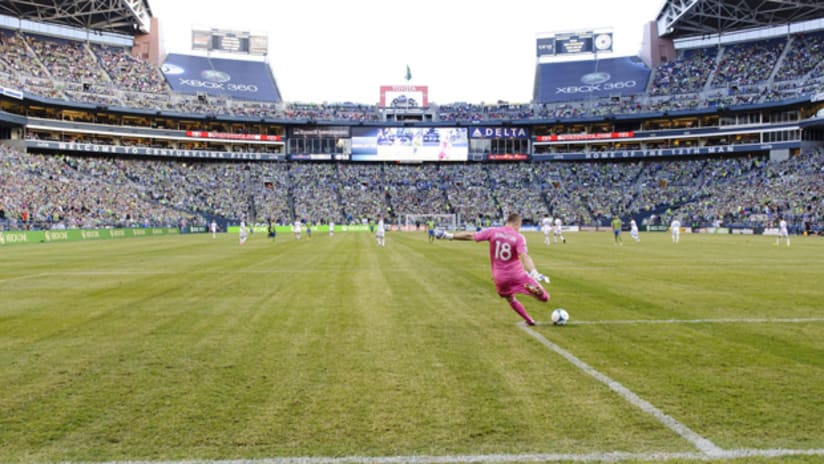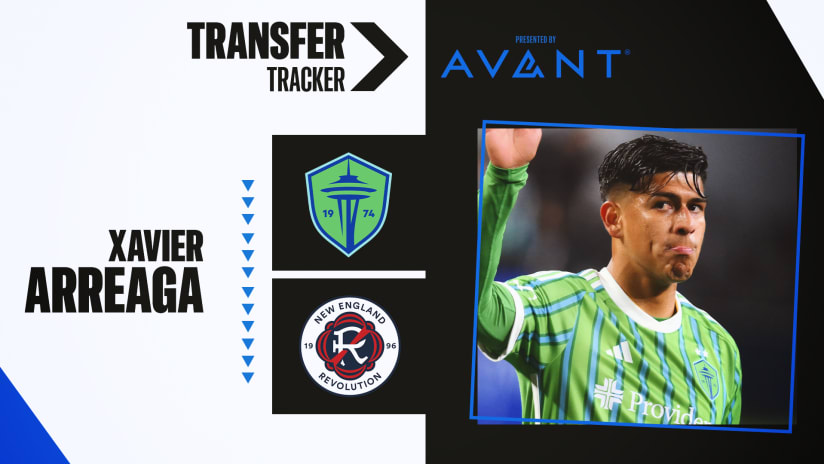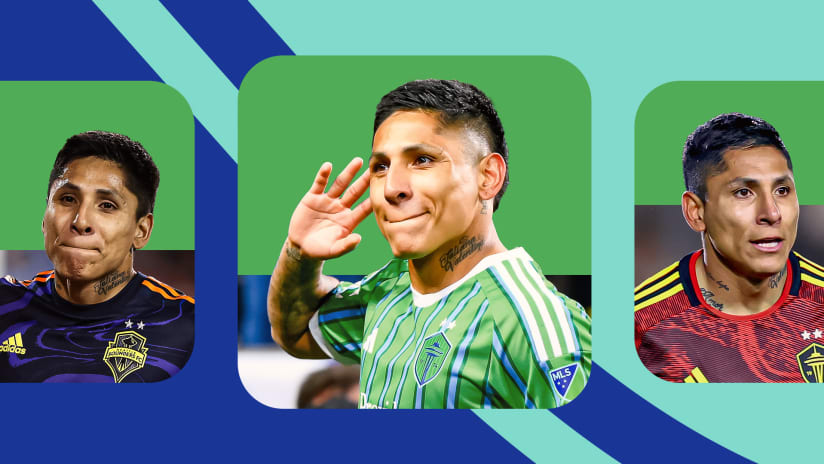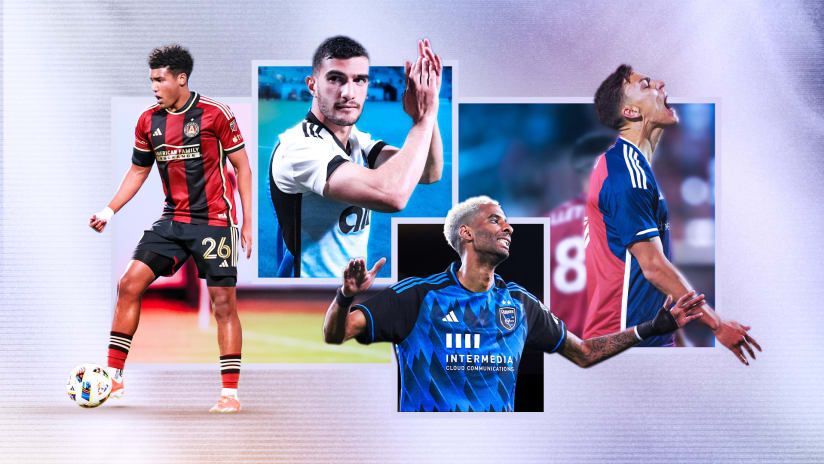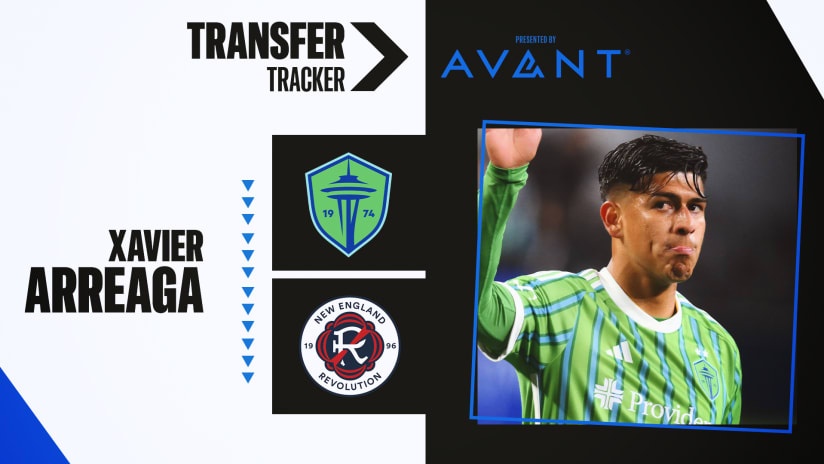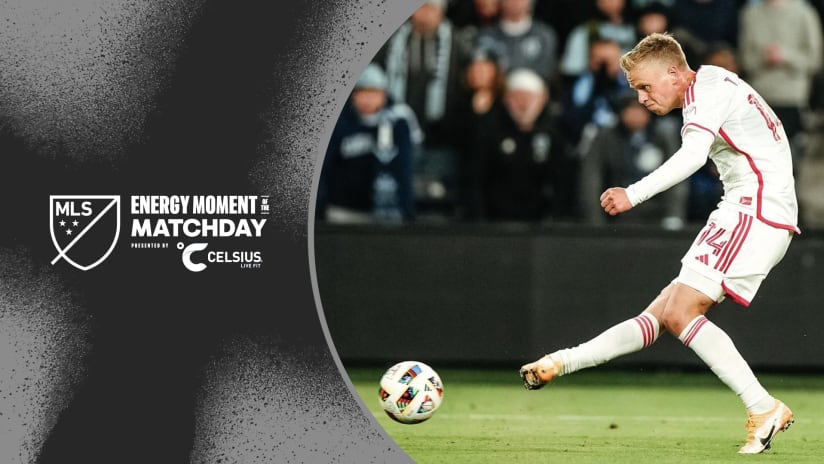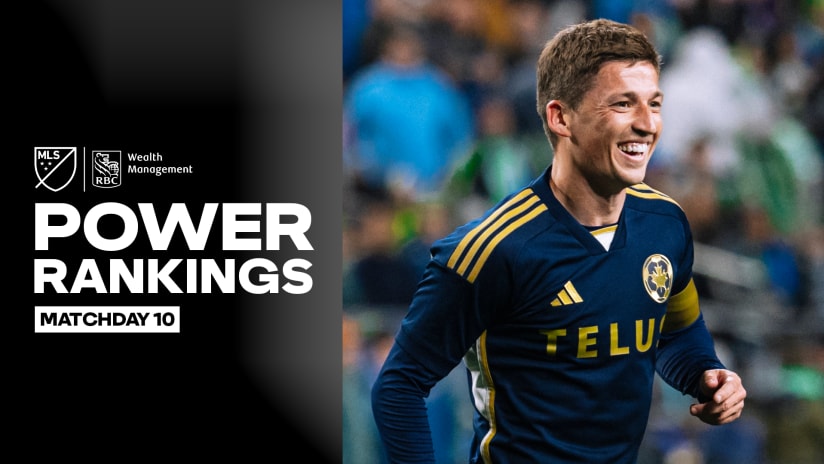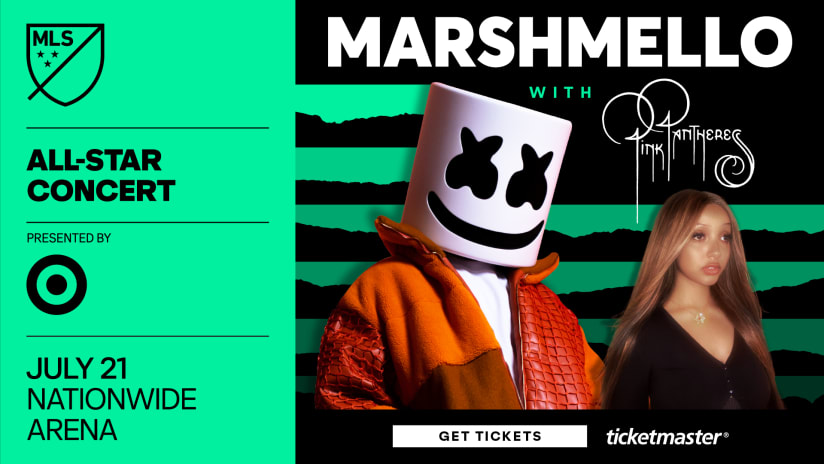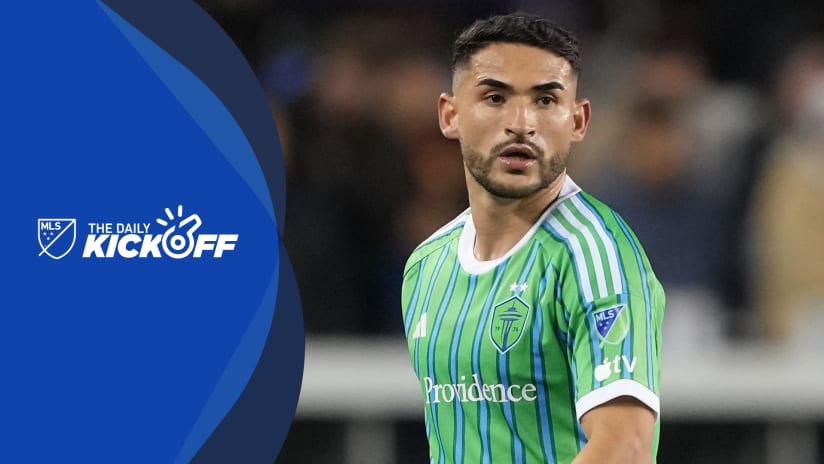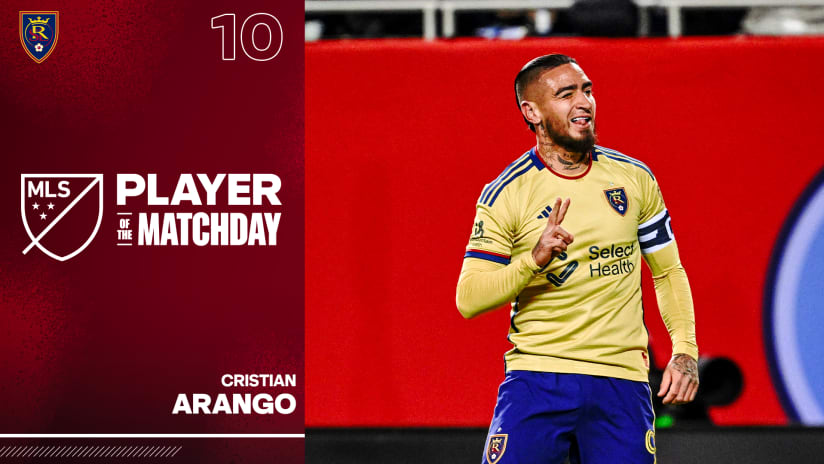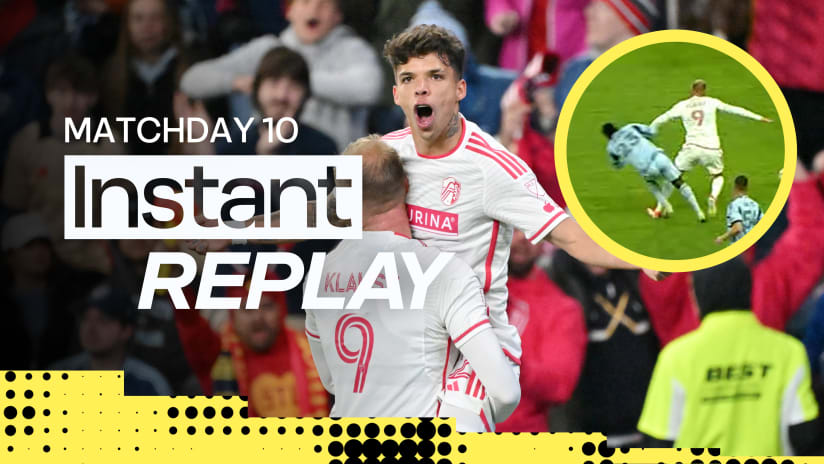SEATTLE – The Seattle Sounders, one of four MLS teams who play on an artificial surface, will concede that grass is generally preferable to turf. But their coach, Sigi Schmid, bristled at Toronto FC head coach Ryan Nelsen's suggestion this week that CenturyLink Field’s playing surface is worse than the other three.
Nelsen spoke to the media in Toronto and suggested he will take into account the playing surface when making his squad selections for this weekend's Seattle-Toronto match (Saturday, 4:30 pm ET, NBCSN, TSN/RDS2 in Canada). "You've got not just an artificial field," he said, "it's a bad artificial field."
Schmid admitted that he didn't necessarily disagree with Ryan's assessment of turf, in general, "but I disagree with the point of making it seem like Seattle’s is worse than the others. I think the others are equally as good or as bad – whichever way you want to look at it.”
The CenturyLink Field turf, which serves as home field for both the Sounders and the NFL's Seahawks, is entering its third year of use. The previous turf was replaced after three years, which at the time the team admitted was probably a year longer than they would like to wait. The current surface, however, is supposed to be an improved version with a longer life.
Still, there's no denying that some players and clubs perceive the physical impact of turf to be an issue. Older players such as Thierry Henry and David Beckham, for instance, have previously sat out games at CenturyLink, citing the turf's effect on their older bodies. They have also skipped games at other stadia with artificial surfaces for similar reasons.
But Schmid isn’t willing to concede that grass is automatically better, given the climate in Seattle. For example, the city has seen more than five inches of rain fall already in the month of March. There’s been so much rain that the Sounders, who usually train on grass, have actually moved indoors twice in the past week.
- Get more Seattle news and notes and SoundersFC.com
“I think we all prefer to play on natural grass,” Schmid said. “But playing on bad natural grass – playing at (the University of Washington) last night where the field was coming up all over the place – is dangerous as well in terms of people turning an ankle, stepping in a hole. So there are dangers involved in that field.
"A good field is a good field. A good grass field is the ideal. A good turf field is not more dangerous than a bad grass field, necessarily.”

